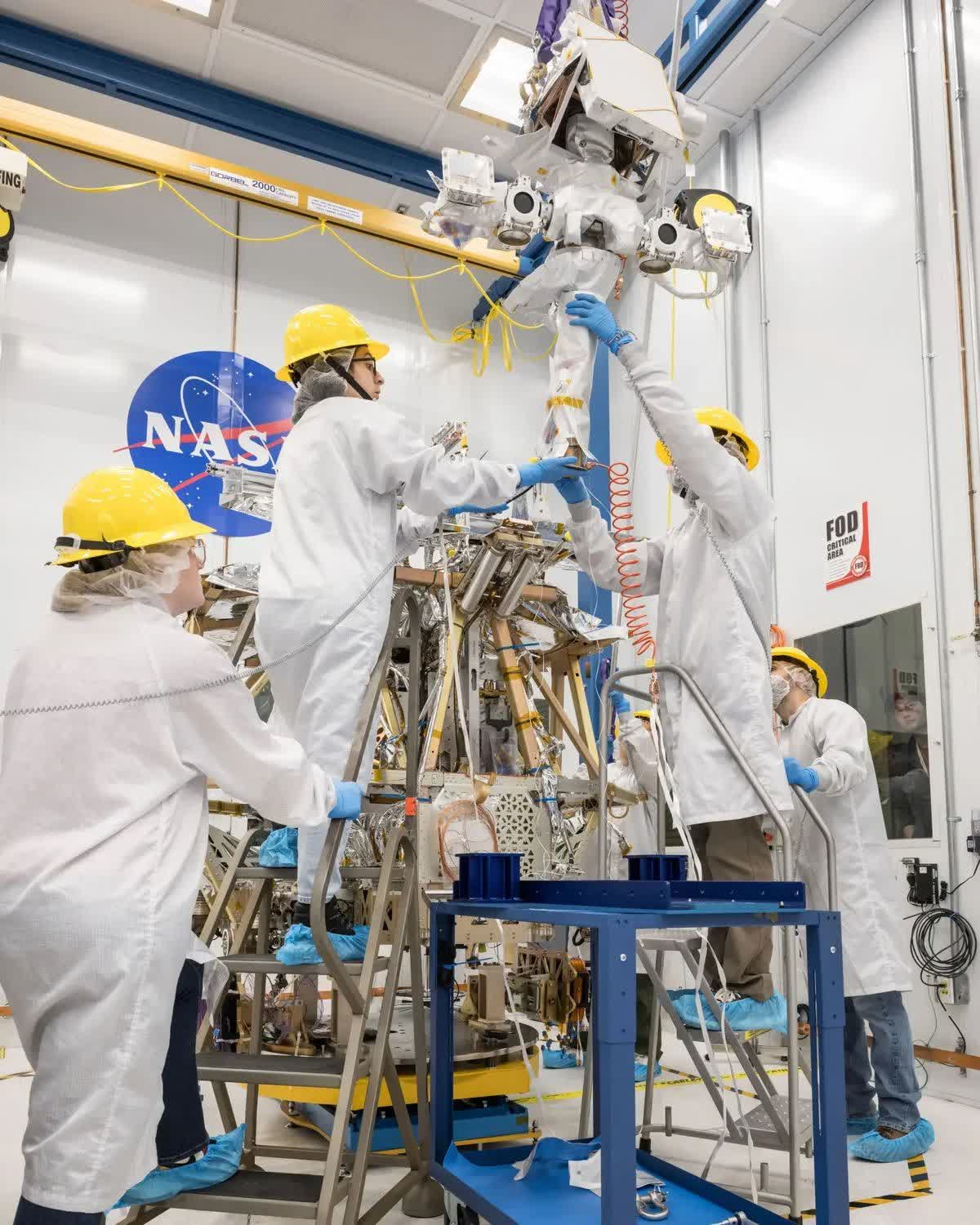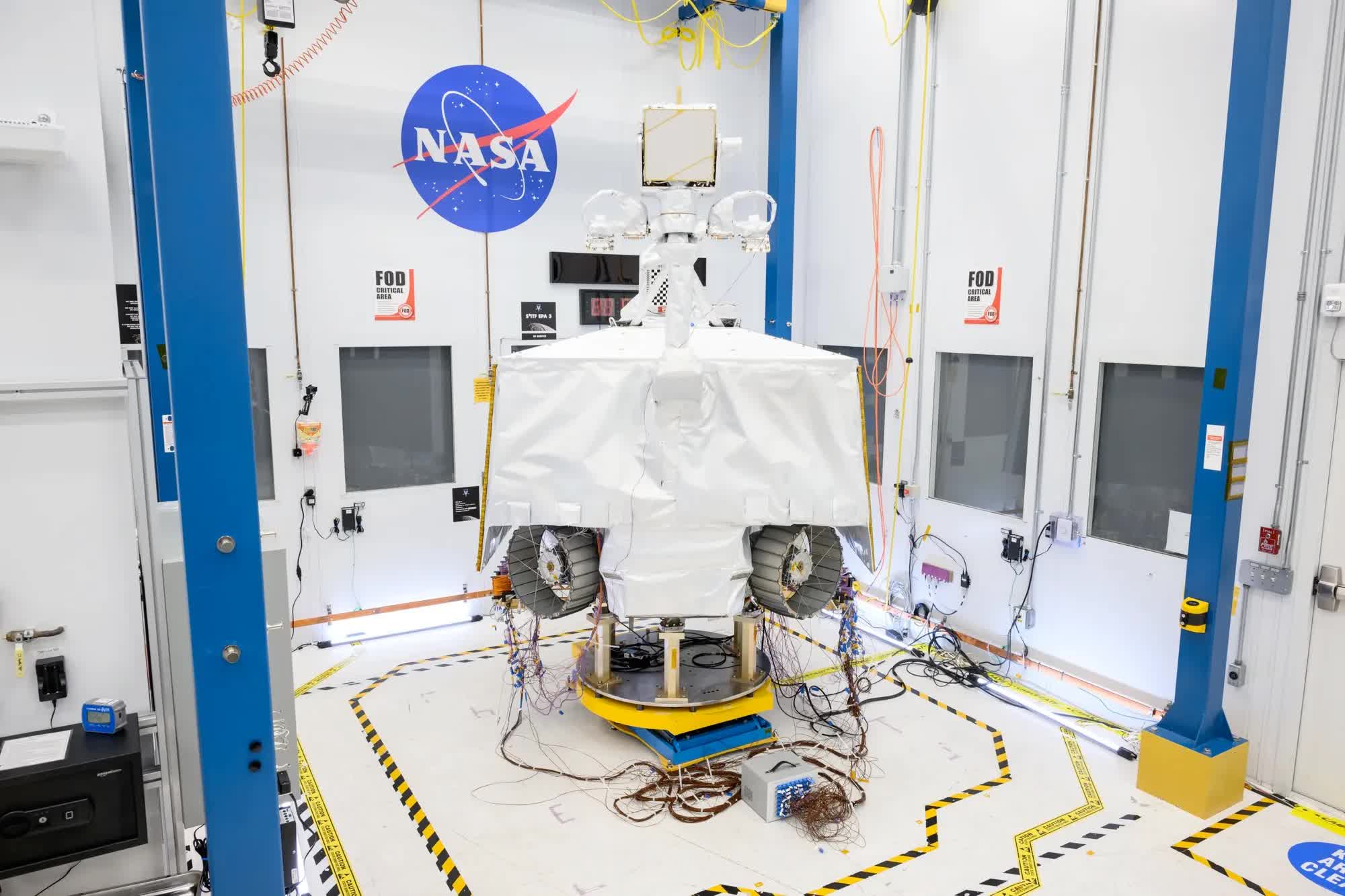In a nutshell: What do you do if you spend $450 million on something, virtually complete it, but then decide to scrap the whole thing due to budgetary reasons? In the case of NASA's Viper moon rover, the agency wants other companies and organizations to take over the project.
Last month, NASA announced that it was discontinuing development of the Volatiles Investigating Polar Exploration Rover (VIPER), which had already been built and just required testing. The agency blamed cost increases, delays to the launch date, and the risks of future cost growth that could threaten or disrupt other lunar missions for its decision.
NASA said at the time that it was willing to listen to proposals from American companies and international partners for using the rover. Sources say that at least a dozen responses from interested parties were received before the August 1 deadline.
The agency issued a Request for Information (RFI) on Friday to seek interest from said organizations. RFI is not a Request For Proposal (RFP) or an Invitation for Bid; it is being used to obtain information about partnerships that may result in the successful completion of some or all of Viper's core science missions. NASA requests details about potential partners' intentions for the rover, and what resources they would need from NASA.

The guidance also states that NASA does not intend to partner with companies that wish to disassemble the Viper and use its components/instruments outside of the partnership.
Handing the completed Viper to another firm could allow the rover to continue the lunar science and exploration missions for which it was designed.
"We want to make the best use possible of the engineering, technology, and expertise that have been developed by this project to advance scientific knowledge of the moon," Nicky Fox, NASA associate administrator for science, said in a statement. "Partnership opportunities on Viper would allow us to do this without impacting our future cadence of commercial deliveries to the moon, to continue lunar science and exploration for everyone's benefit."
NASA said it would save at least $84 million by ending work on Viper. Having spent almost half a billion dollars on the project, the agency doesn't want the costs to rise any further: it specifies in the RFI that any partnership to come at minimal to no cost to the government.
The decision to axe the Viper project has been slammed by scientists, thousands of whom signed an open letter to Congress denouncing the move.
"A team of 500 people dedicated years of their careers to construct Viper and now it has been cancelled for no good reason whatsoever," Ben Fernando of Johns Hopkins University, one of the signatories, told the Observer. Fernando also noted that nobody knows just how practical or serious the offers to take over the Viper project are.
